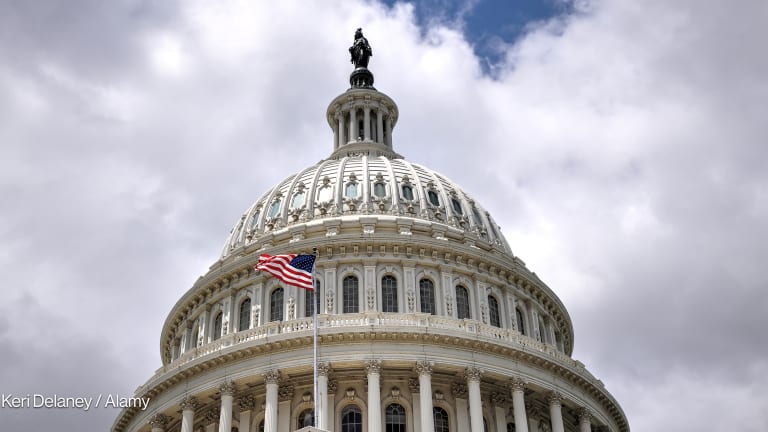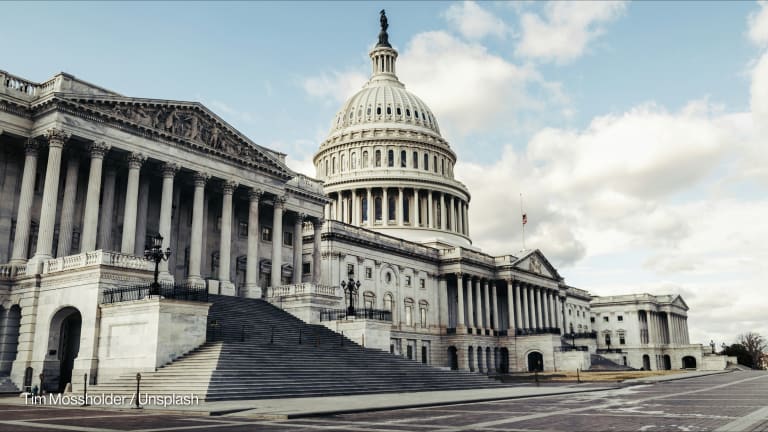As the clock ticks on the U.S. International Development Finance Corporation’s reauthorization, lawmakers and Trump administration officials are laying out their vision for what the agency should look like moving forward.
Early this month, Sen. James Risch, the Republican from Idaho who chairs the Senate Foreign Relations Committee, introduced the DFC Modernization and Reauthorization Act of 2025 as an amendment to the National Defense Authorization Act, rather than as a stand-alone bill. It is a common practice to attach smaller pieces of legislation to larger must-pass bills.
DFC, created by the 2018 BUILD Act, was authorized for seven years, with its mandate set to expire on Oct. 6, 2025. With only a few legislative days left, concerns are rising about whether it can be reauthorized in time — or whether, at minimum, a temporary extension will be approved to keep the agency operating.
Search for articles
Most Read
- 1
- 2
- 3
- 4
- 5








